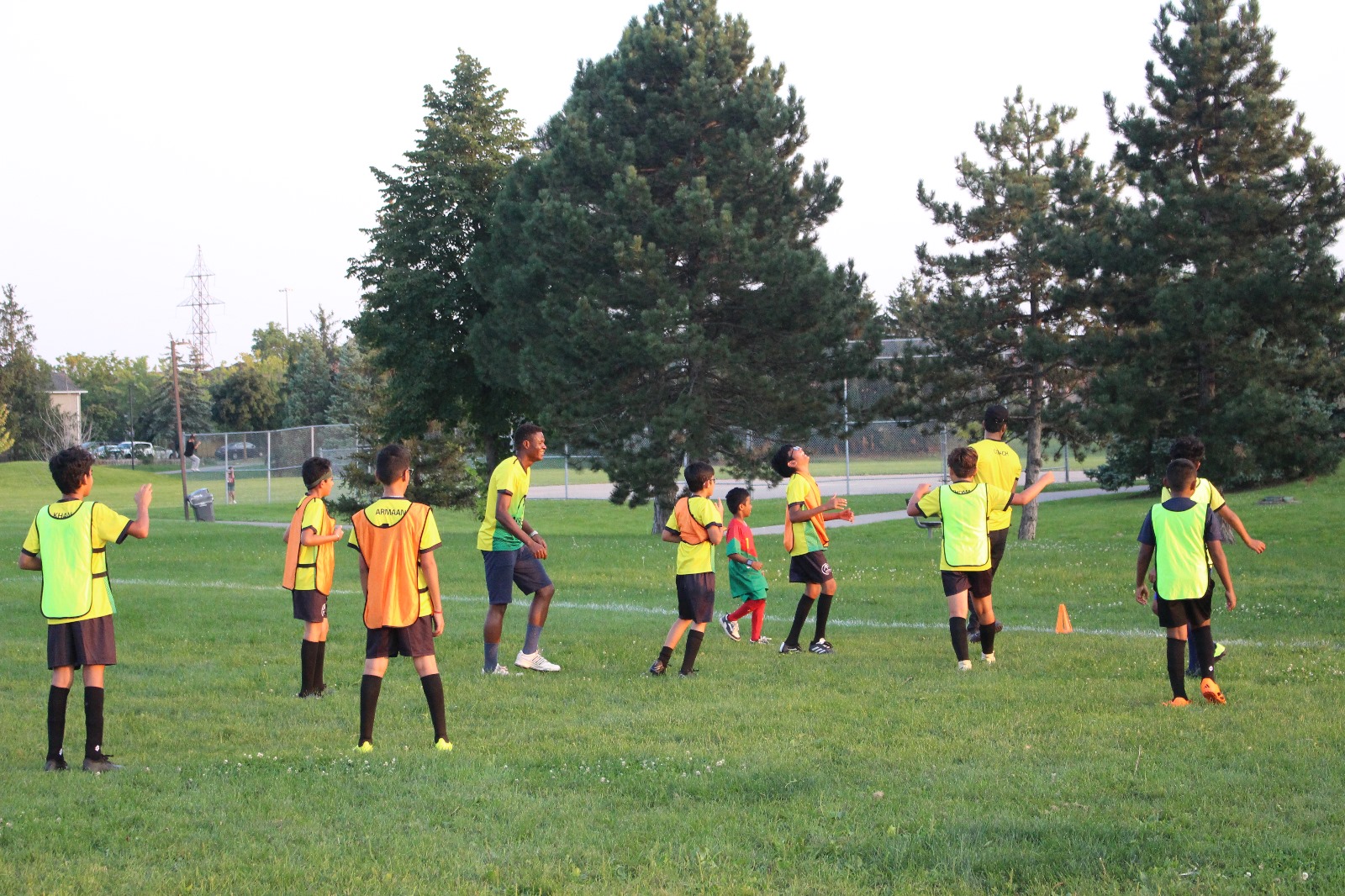Support Young Players with Goalkeeper and House League Training
Youth soccer creates much more than strong legs and quick feet—it builds character, self-awareness, and responsibility. Starting early helps children develop not just physical agility but also emotional intelligence and focus. Whether aspiring to guard the net or command midfield, early training introduces important habits and structure. Kids grow more confident, learn time management, and become better at setting goals, both on and off the field. A steady start lays the groundwork for lasting achievement.
Specialised Training for Young Goalkeepers
Developing goalkeepers need a different lens. Goalkeeper training for kids focuses on more than catching and diving—it’s about cultivating sharp decision-making and bravery. The position demands quick reactions, excellent communication, and emotional resilience. Training should blend technique with age-appropriate pressure, helping kids embrace their role without fear. Building confidence behind the gloves is just as important as learning how to block a penalty. True growth happens when they feel safe, supported, and ready to try again.

Game Play Builds Real Skill
Training is essential, but real confidence emerges in match situations. Regular gameplay teaches young athletes how to think on their feet, collaborate with teammates, and apply what they’ve learned. Coaches who offer encouraging feedback during matches help children refine their instincts while staying motivated. The thrill of contributing to a goal or a save deepens their connection to the sport. Playing regularly helps each child find their voice, rhythm, and role on the team.
Community Grows on the Sidelines
Soccer clubs often evolve into tight-knit communities. Families find a connection in shared schedules, tournaments, and weekend games. Bonds form not only between players but also among parents, coaches, and volunteers. House leagues, in particular, offer an inviting space for new families—whether seasoned soccer fans or new arrivals exploring youth sports. The sense of community and belonging these leagues offer helps keep children grounded, motivated, and proud of their growth season after season.
Purpose of House Soccer Leagues
Programs like youth house soccer leagues serve a vital role in making the sport welcoming and inclusive. They give beginners a pressure-free environment while still offering structure, mentorship, and meaningful play. Unlike competitive clubs, house leagues balance development with enjoyment, letting kids explore their potential without burnout. These programs often act as a springboard for more advanced play, giving every child a fair opportunity to learn, enjoy, and progress at their own pace.
Where Passion Finds Consistency
For young players, passion alone isn't enough—consistency drives mastery. That’s why structured settings like youth house soccer leagues create long-term success stories. Regular practice, thoughtful coaching, and inclusive scheduling all combine to create a supportive rhythm. Whether a child dreams of being a keeper or a striker, routine engagement is what fuels growth. These leagues give space for exploration while still maintaining structure—so kids can stay in love with the game while improving every week.

Conclusion
Soccer becomes more meaningful when it’s taught with patience, understanding, and structure. Both goalkeeper coaching and community-centred leagues play unique roles in building confident, well-rounded athletes. Families looking for a thoughtful and consistent program often turn to dedicated clubs that balance skill-building with life lessons. At aurigafootballclub.com, programs are designed to help players thrive, connect, and evolve. The game becomes more than just play—it becomes a path toward discipline, joy, and deeper purpose.
Comments
Post a Comment